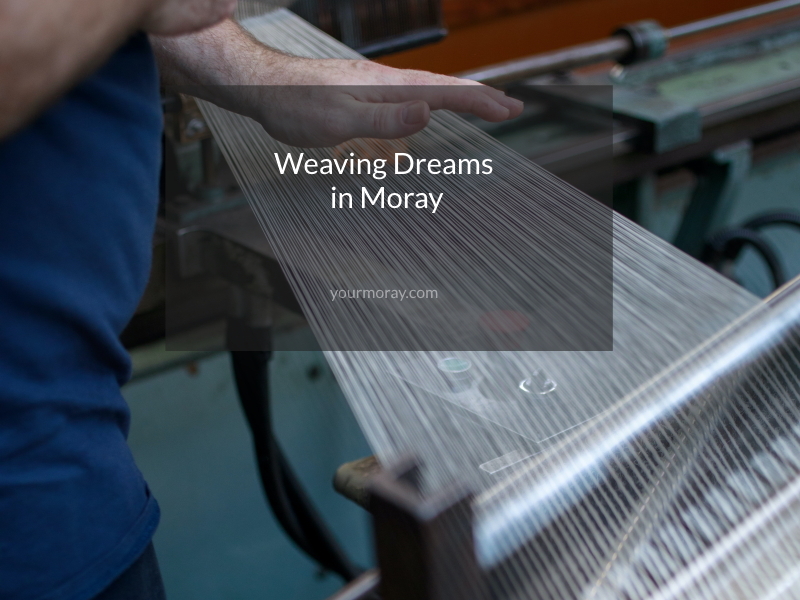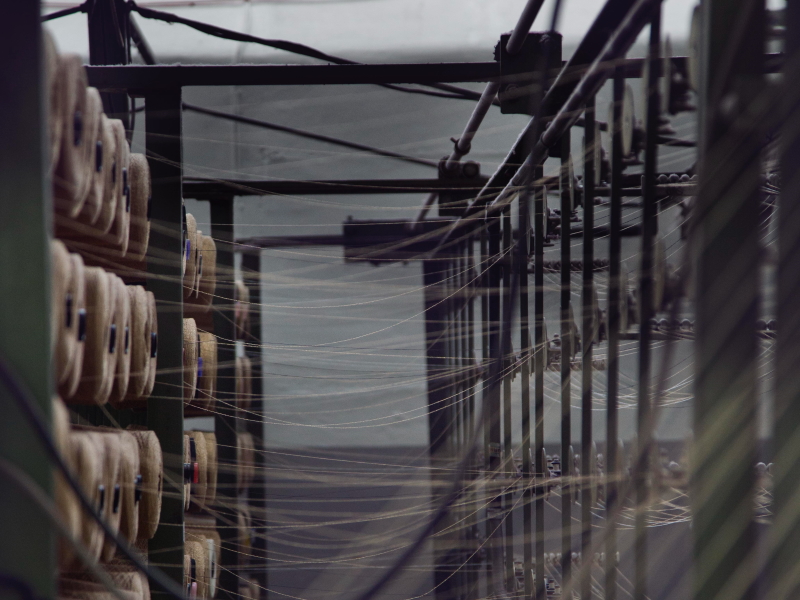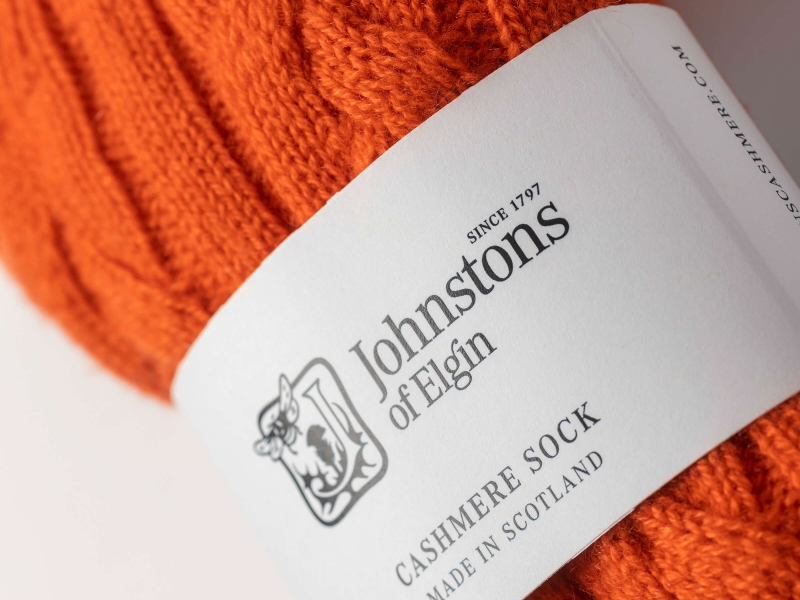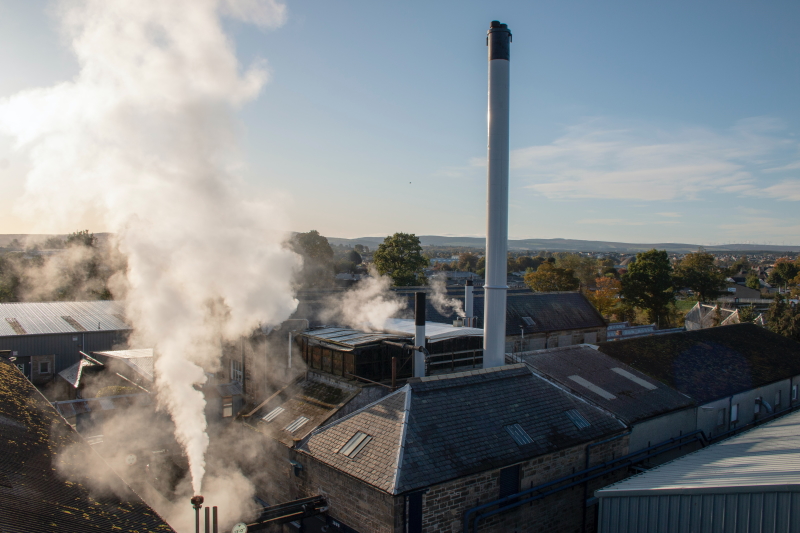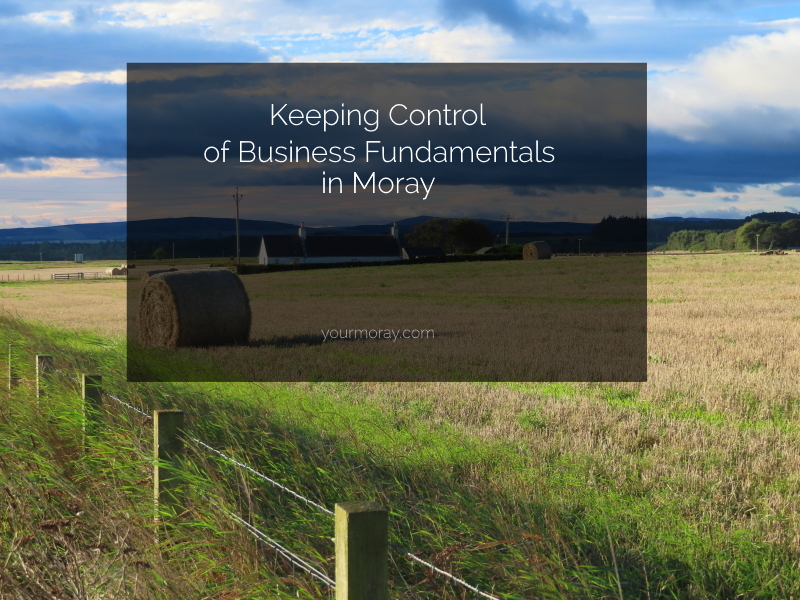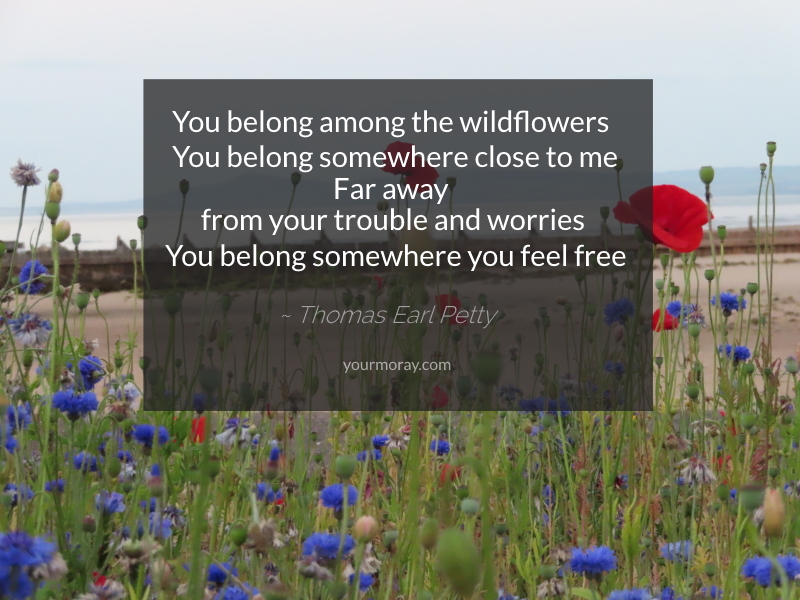
We’re highlighting an environmentally-friendly initiative in Moray this week.
Though it’s probably got come cost-saving incentives to it as well, nevertheless, the positive impact of Wildlflowers on wildlife habitats, the environment and the senses is hard to dispute.
Our article on being among the Wildflowers in Moray can be found if you scroll to the bottom.
Other Moray-related issues from the online world which we wanted to draw to your attention…
Hand-Pict for you
A 3-dimensional recreation of a thousand-year-old Pictish Fort at Burghead headland on the Moray Firth has been developed by a team from Aberdeen University (BBC News)
On yer bike from Lhanbryde to Fochabers
Bear Scotland is working to make the A96 Aberdeen to Inverness road safer for pedestrians and cyclists between Lhanbryde and Fochabers. A four-month project – presumably up to about February 2022 – should see completion of an Active Travel Route which will link Fochabers to places such as Elgin and Lossiemouth via off-road tarmac. (Press and Journal; Forres Gazette).
You belong among the Wildflowers in Moray
Legendary rock musician, Tom Petty, was not the only person to extol the virtues of wildflowers.
Facing up to the environmental challenges confronting us all, Moray’s local authority wants to expand its approach to management of open spaces.
Wildflowers are proven to improve biodiversity, develop the human community’s health and wellbeing and support wildlife.
Especially benefited are insects such as bees which have come under increasing pressure across the world, Worryingly, certain pesticides which undermine pollinator populations continui to be promoted by some governments.
As some commentators have asked: what if pollinators are not simply a link in the chain of life but its clasp?
There is a clear argument that anything which improves the habitat for insects and birds should be encouraged. The visual impact can also be stunning.
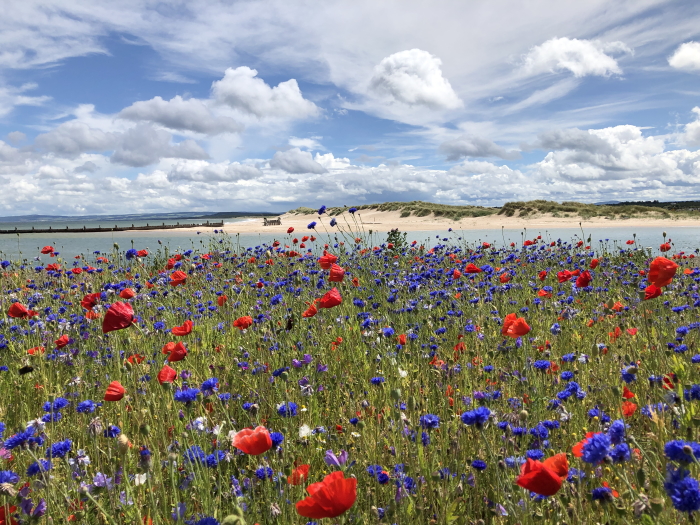
Over a 3-year period from 2021, the Moray Council plans to create up to 8 new wildflower areas each year, across the region.
The blueprint envisages that only seed mixes containing native wildflower species will be used at the selected sites.
The hope is that local communities across Moray will take on the care and management of these wildflower beds.
In selecting suitable places, considerations will include whether an existing green space could be more wildflower-friendly if grass cutting is stopped. Or whether a shrub bed could be removed, making space for wildflowers.
In Forres, for example, a place already famous for its blooms, community groups have nominated various diverse locations, including Mannachie Park, the burnside area close to the Mosset Tavern, Sanquhar Pond – and even one of the roundabouts on the A96.
Join our Newsletter for a weekly Moray update.
Delivered straight to your inbox. (See the sign-up form below).
